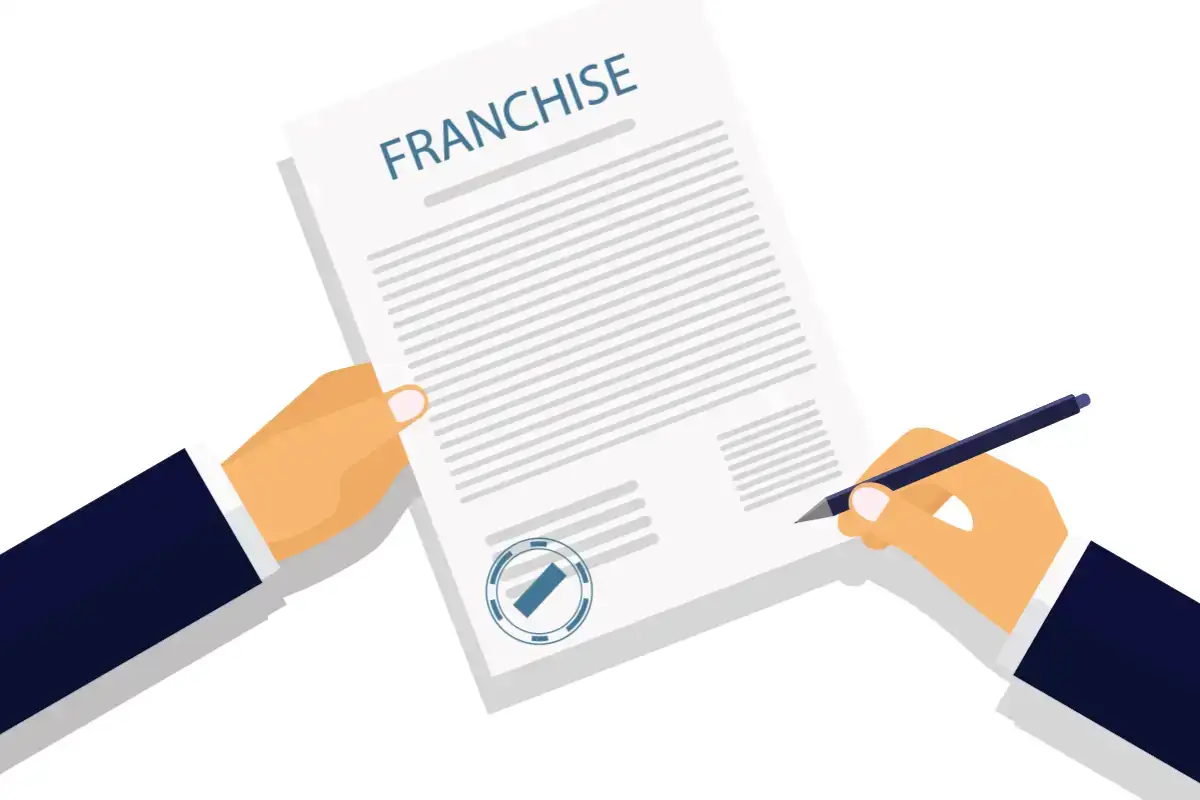Franchise in the UAE Without Surprises: Understand the Legal Framework First
April 08 2025
Franchising in the UAE is governed by a well-defined legal framework that protects both franchisors and franchisees while ensuring compliance with local commercial laws. Entrepreneurs looking to establish a franchise must navigate contractual obligations, regulatory requirements, and dispute resolution mechanisms to ensure a successful and legally sound operation.
Governing laws:
Franchise agreements in the UAE are primarily governed by Federal Law No. (5) of 1985 (UAE Civil Transactions Law) and Federal Law No. (18) of 1993 (UAE Commercial Transactions Law). While there is no standalone franchise law, these laws outline essential contractual principles, including the enforceability of agreements, obligations of the parties, and dispute resolution mechanisms. Additionally, Federal Decree-Law No. (32) of 2021 (UAE Commercial Companies Law) plays a role in regulating foreign business ownership, which may impact franchise structures.
The UAE requires franchise agreements to be in writing, with clear terms on territorial rights, duration, renewal conditions, and termination clauses. While registration of franchise agreements is not mandatory, it is recommended to enhance legal enforceability. The inclusion of a governing law clause is also crucial, as disputes may be subject to UAE law or international arbitration, depending on the agreement.
Intellectual property (IP) protection is a fundamental aspect of franchise operations. Federal Law No. (36) of 2021 on Trademarks and Federal Law No. (38) of 2021 on Copyrights and Related Rights safeguard brand assets, trademarks, and proprietary business methods. Franchisors must ensure that their trademarks are registered in the UAE to prevent unauthorized use and infringement.
Competition law also plays a role in franchise arrangements. Federal Law No. (4) of 2012 on the Regulation of Competition prohibits anti-competitive practices such as price-fixing and market division, which could impact franchise exclusivity clauses. Compliance with these provisions is necessary to avoid penalties and maintain fair business practices.
Dispute Resolution:
Dispute resolution mechanisms in franchise agreements typically involve arbitration, which is widely recognized under UAE law. Federal Law No. (6) of 2018 on Arbitration aligns with international standards, allowing for flexible and enforceable arbitration proceedings. Alternative dispute resolution methods, such as mediation, are also encouraged to resolve conflicts efficiently.
Entrepreneurs must also consider local licensing requirements. Franchisees may be required to obtain trade licenses from the Department of Economic Development (DED) in the respective emirate where they operate. Free zones, such as the Dubai Multi Commodities Centre (DMCC) and Abu Dhabi Global Market (ADGM), provide additional regulatory frameworks for franchise businesses operating within their jurisdictions.
In conclusion, franchising in the UAE presents lucrative opportunities for entrepreneurs, but success depends on a well-structured legal foundation. From drafting clear agreements to protecting intellectual property and ensuring regulatory compliance, every step requires careful planning. To navigate these legal complexities effectively and safeguard your investment, entrepreneurs are encouraged to seek professional legal support. You can contact MIS legal for expert assistance in structuring franchise agreements, meeting regulatory requirements, and minimizing legal risks. Please feel free to contact us on [email protected]

